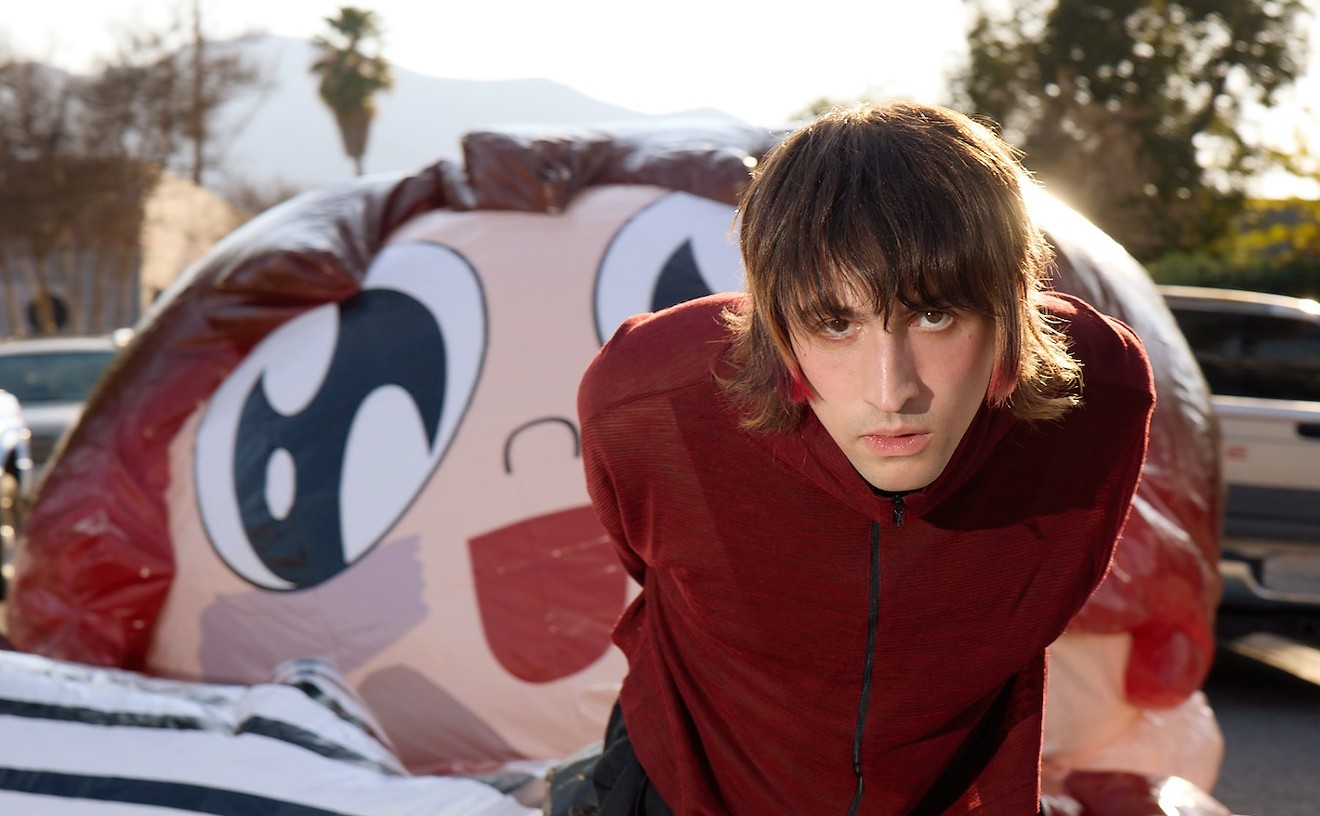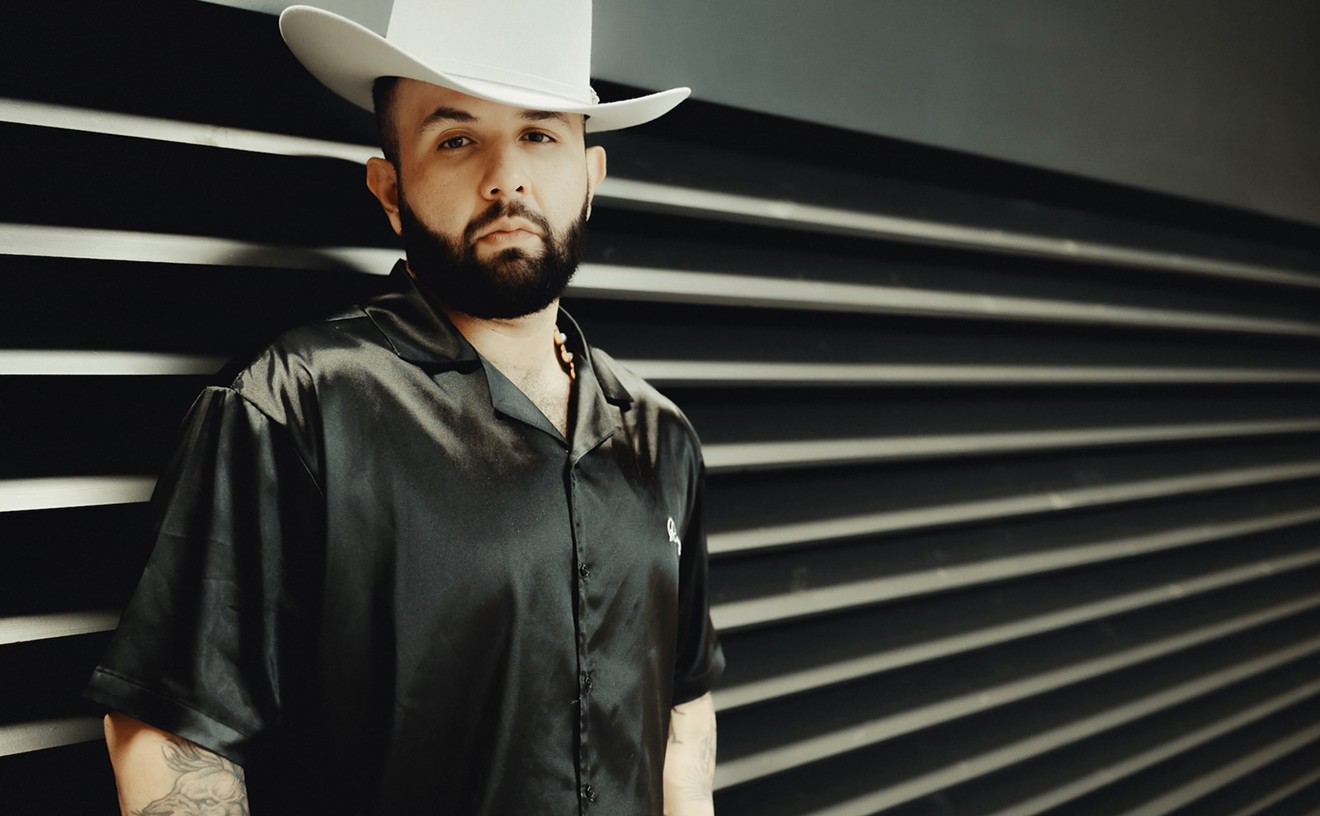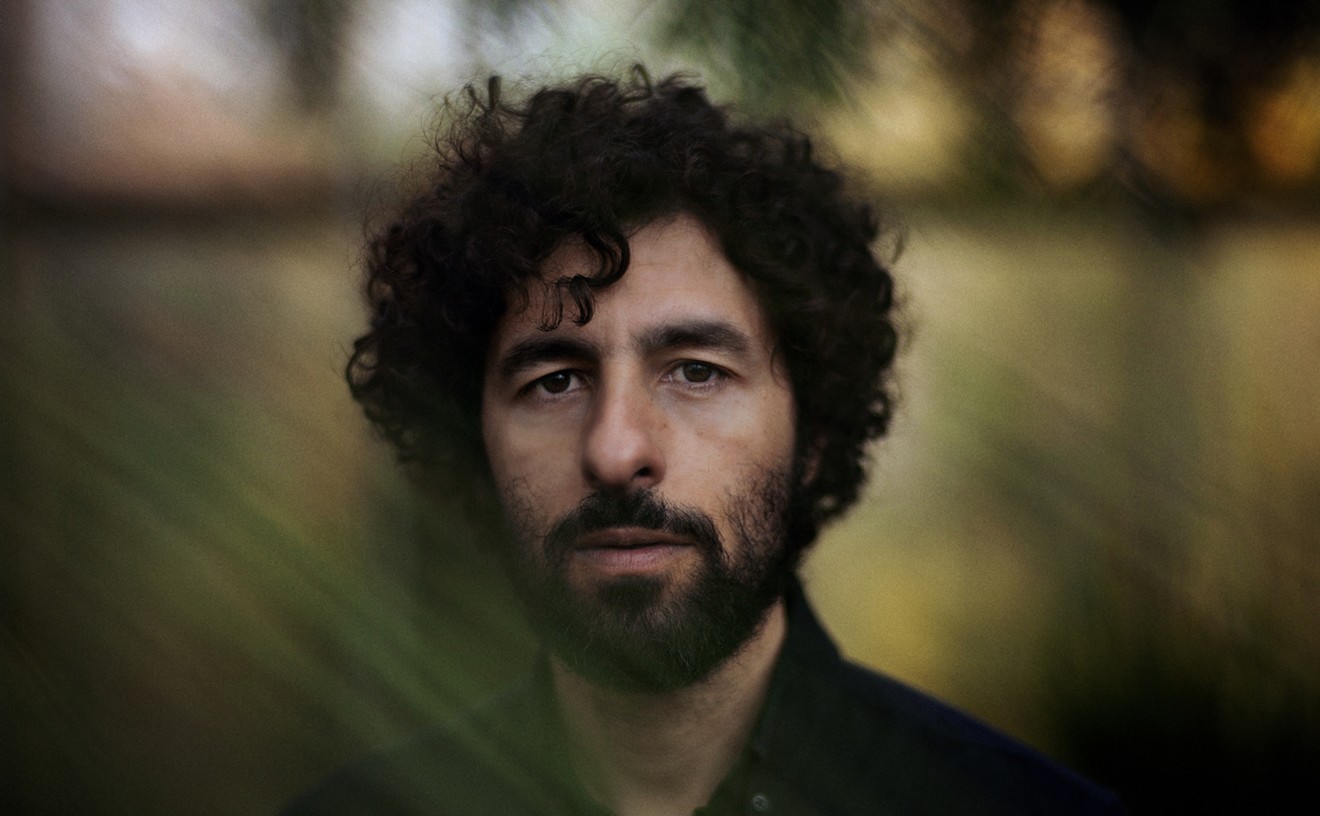Bosco's introduction to music began pretty conventionally. Raised in Savannah, Georgia, the Fool's Gold prodigy started off singing and acting in church choirs and plays. From there she joined middle- and high-school choruses, eventually competed in local talent shows, and then attended the Savannah College of Art and Design while moonlighting as a lounge singer. These local stints were short-lived, though, and she relocated to Atlanta at the restless age of 20.
That marked the end of conventionality for the alt-R&B singer.
It would be a social media interaction from Fool's Gold stud A-Trak that took her away from her beloved A-Town. He hit her up on Twitter after hearing the song "Names," a collaboration between her and DJ Treasure Fingers. Bosco and A-Trak met, and she signed with the Brooklyn-based record label. The rest is hardly history but rather the present, happening at this moment.
"I just have to be consistent and dedicated to my vision."
tweet this
Soon after signing with Fool's Gold, Bosco this past June released Boy, a four-track, two-interlude EP that sees her transition from ethereal, meandering vocals to spoken word. An unpretentious voice is accompanied by lingering bass lines and percussion stutters with snippets of random recordings spliced in between.
Bosco fits Fool's Gold, and Fool's Gold suits Bosco because it provides enough space and means for creative idiosyncrasies. The label is renowned for taking chances with artists, letting them do their thing with little intrusion, and subsequently releasing trend-setting records by names such as Flosstradamus — who will headline Fool's Gold Day Off this Sunday at Mana Wynwood — Tchami, and Run the Jewels. As Bosco says: "They go after weirder artists." And that's the good kind of weird — like your buddy who records voice notes on the Metro, or your girlfriend who sleep-talks poetry — not the bad kind of weird, like your roommate who puts one potato chip in a plastic bag and writes his name on it.
"I have voice memos collected in my phone from like 2012 — that's like the weird shit I do," Bosco says. "If I'm in the subway and I hear random people talking, I'll take voice clips of different people's conversations and listen to them on the way home. ["Without U"] was one of those conversations with someone I was into. And something just told me to record, so I recorded it. I was going through my voice memos, and I heard this when I wrote the song, and it just came together like that."
Though Bosco now finds herself transplanted to Brooklyn after inking a deal with Fool's Gold, don't think for a second she doesn't still have peaches and sweet tea running through her veins.
"Atlanta really birthed the artist Bosco," she says. But what really resonated with the young artist-to-be was the culture of the South. "The South in general has its own language."
The music industry has always had pipelines between New York and Los Angeles, from which most trends seem to emanate. The Midwest is an afterthought; Chicago is too conscious or too Kanye. And the South gets shrugged off as unsophisticated or vulgar. The occasional act emerges, though rarely does it get the spotlight given to the East and West coasts.
But that's changing, according to Bosco. "In the past seven years or so, Atlanta has been in the forefront of the music scene with rap or trap music, with R&B. Since Atlanta hasn't really had the visibility from publications repping us so often, we're able to create our own language. It's an attitude, a tone, a dialect — the way we're able to curate certain songs, even the style of dress. Atlanta is a musical island."
But she doesn't really exemplify this Atlanta sound, at least not in the traditional sense. There's a smooth Southern sensuality to her tracks like "Gold Ghost" and "Seventh," and there's that Southern play between the staccato claps and lingering bass lines, but it's not otherwise obvious that Bosco is Atlanta-bred.
The trick to establishing oneself as an artist is massaging that line between individuality and conformity. The utter individual isolates herself and alienates others, but the pure conformist has nothing new to offer the world. In Bosco's case, she's able to walk this thin line by signing to a proven record label that lets her flex her artistic muscles. It means maintaining those Southern sentiments despite relocating. It means trusting herself and trusting the potential of others. "I just have to be consistent and dedicated to my vision," she says, "not wavering because of someone else or because people aren't automatically gravitating toward it. I can't feel bad if they don't get it. They'll eventually get it."
Her EP Boy is full of these little moments that have personal significance for the artist. Bosco's decision to move to New York, her challenge to leave her boyfriend, and her seasonal melancholy inform most of the lyrics. Ironically, the title track, "Boy" — an expressive song about infidelity — is the only one borrowed from another person's experience.
If you're looking to be seduced, you'll be satisfied 30 seconds into the album. If you want to be energized, skip to the final track, "Rosenwood | Pour the Whiskey."
Many debut hip-hop and R&B albums include at least one track with sociopolitical weight. These days, messages about reform and injustice are hardly surprising in the wake of police-involved killings and movements like Black Lives Matter. "Rosenwood | Pour the Whiskey" is the EP's most experimental and invigorating track, with droning jungle bass and lyrics that diverge from her emotive standard: "Blurred lines of past and future, what's in between/The irony is the unseen/Darkened nights, maddened dreams forgotten."
Upon first listen, some might be quick to assume the song refers to a tragedy that happened right here in Florida. The Rosewood massacre was a racially motivated attack in Levy County in 1923. The violence, instigated by a mob of several hundred whites from neighboring towns, left six blacks and two whites dead and burned Rosewood, a predominantly black town, to the ground. The incident was reported at the time, but most official records — somehow — failed to document the tragedy. Sixty years would pass before a group of journalists would uncover the details of the massacre, re-report the incident, and embolden survivors and descendants to sue the State of Florida for failing to protect the Rosewood community.
But Bosco's song has nothing to do with those events. It has no intentional sociopolitical message, only a bizarre coincidental one. An eerie connection lies between Rosewood survivor Lee Ruth Davis' horrific tale of hiding in water to escape the mob and Bosco's lines "Where I was dead and cutting through here/Plotting water, don't miss the two/'Cus eyes point and look right back at you." But even this seems to be happenstance.
Instead, the song is about contrasts, such as soft and hard, home and travel, "rose and wood," Bosco explains.
"Rosenwood is half about my journey as an individual. You travel around the world, and there are pieces of you all over. When you come back to a certain place, you still feel those pieces. The other half of that song is about being sandwiched between two realities — the contrast between evil versus good, the contrast between space and time."
It may sound unnecessarily heady, but the symbolism of "Rosenwood | Pour the Whiskey" is a welcome break from the relatively straightforward emotional approach of the rest of the album. "I wanted to show them I might go in that direction," Bosco says of listeners, "and leave them on an uneasy note."
Fool's Gold Day Off
With Flosstradamus, A-Trak, Vic Mensa, Bosco, Laidback Luke, and others. 2 p.m. Sunday, September 13, at Mana Wynwood Production Village, 318 NW 23rd St., Miami; 305-573-0371; manawynwood.com. Tickets cost $30 to $45 plus fees via axs.com. All ages.










